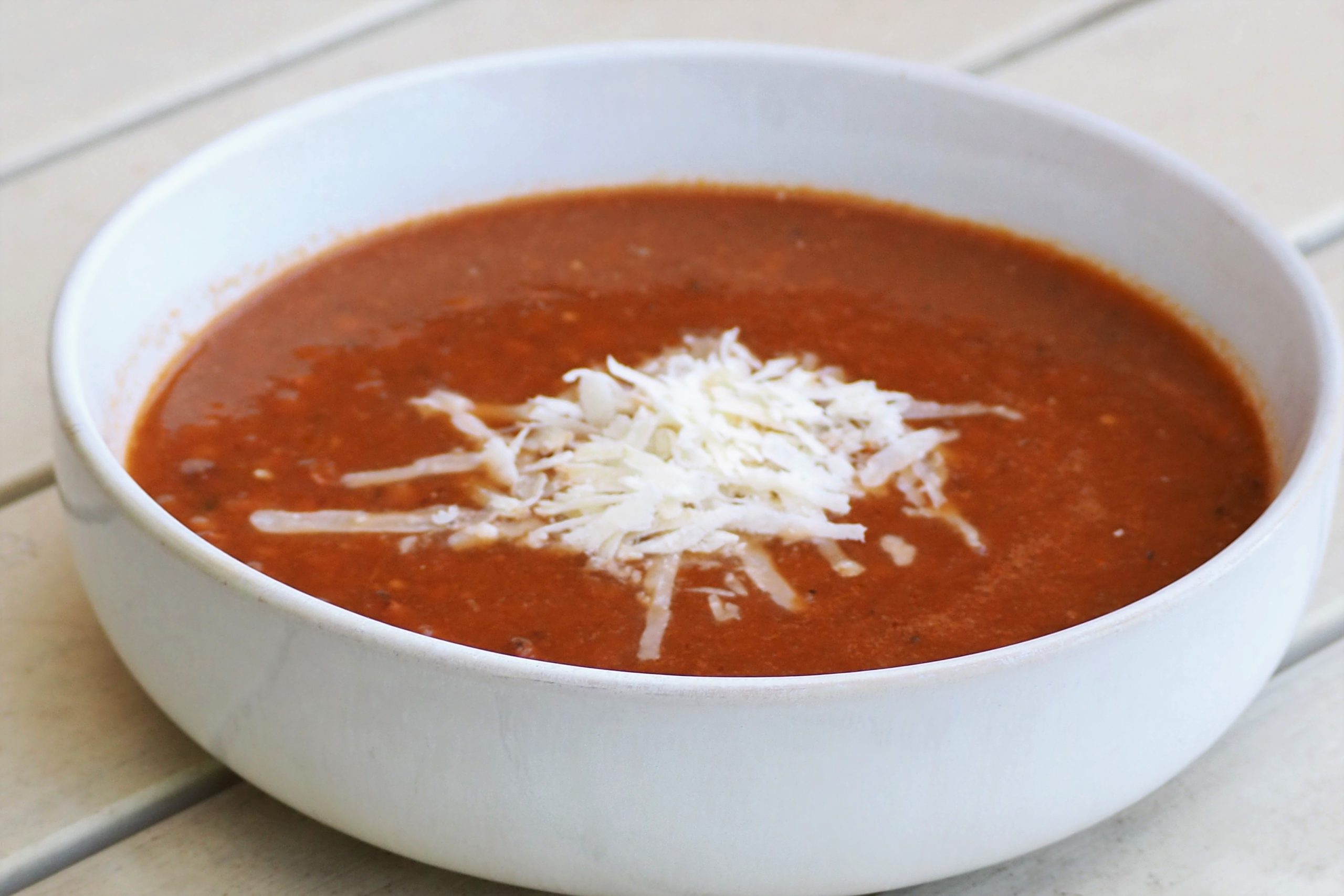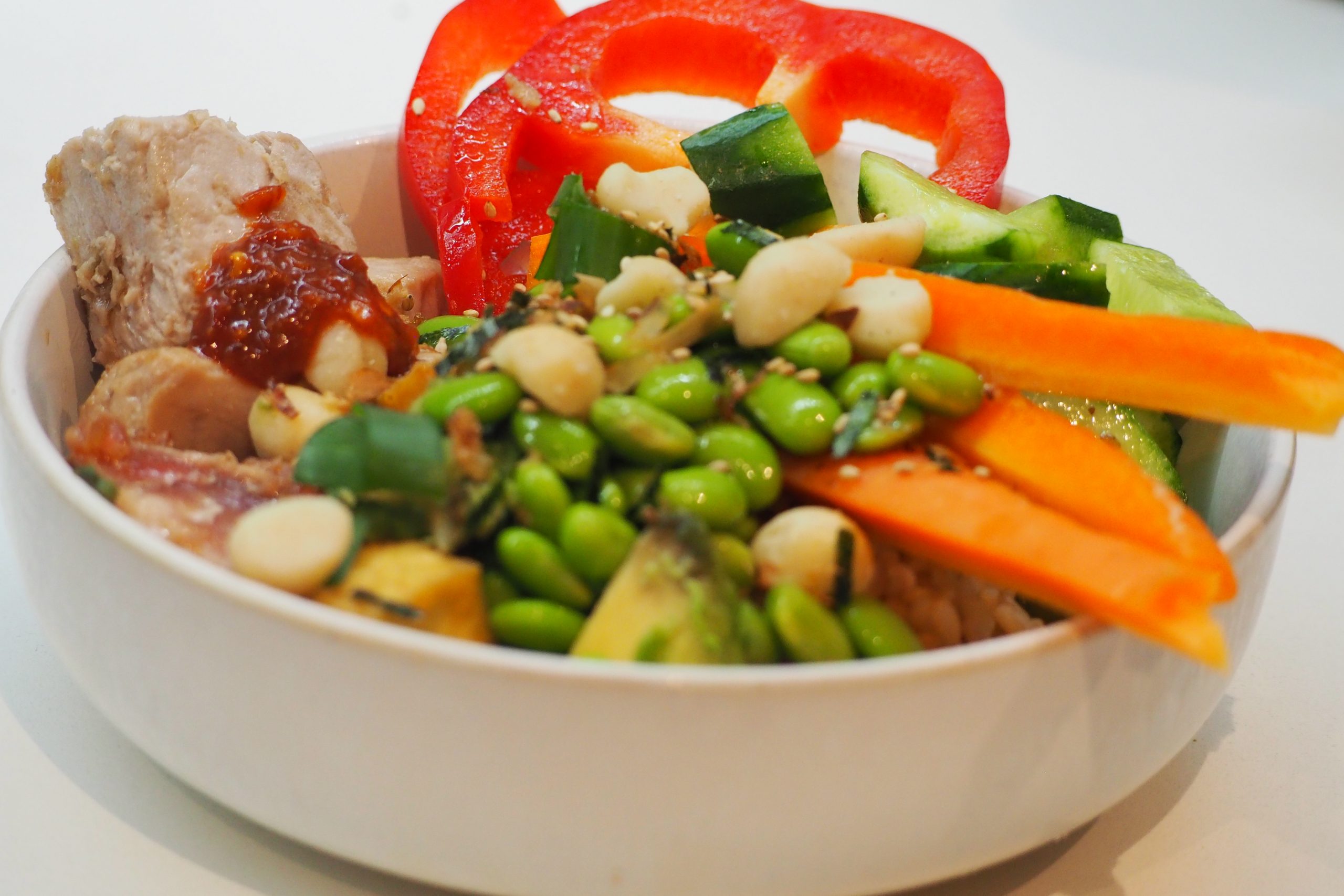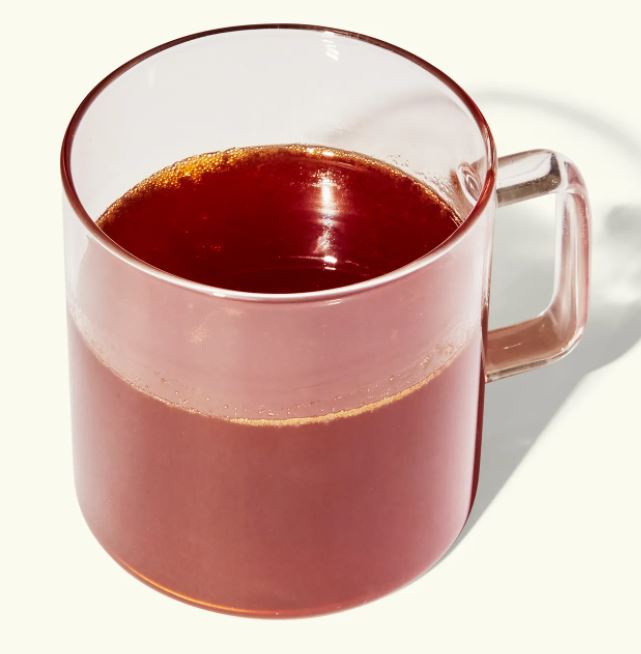Having understood the importance of monitoring your nutritional health and assessing your individual dietary priorities, the next step is to see if you need help with any treatment issues or side effects and if so, which dietary tactics might be useful.
I do my best to reassure people I meet that while it may seem overwhelming to hear about all the unpleasant side effects, the intention of providing this detail at the outset is simply to be prepared. Forewarned is forearmed. BUT, do bear in mind that it is hard to predict exactly how individuals will react to particular treatments. So, while it is good to understand potential side effects, before I let you go on to explore the ideas and suggestions below, I do ask you please not to panic. I do not want you to feel overwhelmed, or to wonder why you are going through all this – though understandably, almost everyone does at some stage.
Firstly, not everyone experiences difficult side effects during treatment. Even in cases where side effects do have quite a debilitating impact on how people feel and cope, help is available. This is a time more than ever when you will be closely monitored and supported by your doctor and the clinical team. So, in addition to my food combat suggestions, your healthcare team will arm you with many more strategies including medications to help you get through. Many clinics now also employ a range of support services such as aromatherapy, which many people find useful.
Using food to combat side-effects
This is where the idea of adjusting your normal eating habits, really comes into play. This means being flexible and creative, and adapting your normal dietary approach to whatever gets the calories and nutrients in. As I always say, it’s a time when you need to tune into your body and recognise that while the anti-cancer diet books might give more ticks to the super-green salad, you and your body might find it easier to sip on coke and nibble on a packet of salty crisps. Now is when you put on your Heston Blumthel/celebrity chef cooking hat and experiment with new tastes which might include extra, less or new flavours, a range of textures which could have a crunch or be silky smooth, food temperatures from cold to hot, and even the times you schedule your eating. Some people feel better in the morning and should take more food then, while others need to take a mouthful every hour, and still others feel better later in the day.
I always remember early in my career working with a gentleman who had lost his sense of taste but found that he could pick up the flavours of soya sauce – and so he ended up putting soya sauce on just about everything he ate. This was right through from his breakfast cereal foods right to his ice cream! While normally this would sound absolutely disgusting, it is a perfect example of creatively re-framing your normal food likes and doing whatever works. Most experienced cancer dietitians have a big bag of tricks that they can pull out to help deal with side effects. This is in conjunction with the clinical team who can arm you with many very effective medications that reduce or prevent these side effects.
Here I must quickly add that if you are asked to take something to prevent nausea, or to help your bowels work properly, you should stick to the regime you have been given. The number of times I have met with someone who has been losing weight because of nausea. When I question them to find out what drug they have been prescribed, and when they are supposed to take them, more often than not the person says, “I didn’t want to take any extra medicines and wanted to try to fight these symptoms on my own.” Of course, if you have any concerns about specific medications or if you have noted they contribute to other unpleasant side effects these should be discussed with your doctor or pharmacist, but this is definitely not the time to take a high and mighty approach to dealing with side effects. Many of these symptoms such as nausea can be debilitating and unlike for example a headache, don’t always just go away.
The reason I highlight you is to gently remind you that the doctors and nurses are working hard to kill off or at least control your cancer, but only YOU can invest in the effort to prevent significant weight losses and the associated issues of suboptimal nutritional intake.
Whatever happens, I do want you to take seriously the need to eat well in the context of cancer and its treatment, even when and especially when it goes against previously acceptable thinking about ‘losing weight’.
I know that it is just so hard for some individuals to imagine ever losing their appetite, or having food not taste the same way, or possibly losing large amounts of weight. As most have had the opposite problem with weight gain, I know that many people in the early stages think that the weight loss is quite positive, and when I am talking to them about boosting their intake they often say, quite happily, “I actually like being a stone or two lighter and I do not want to gain weight.” What they don’t realise is that if they do not address their reduced food intake, that one stone quickly becomes two and then three, and that dress they want to fit into will fall off them.
Many people turn to big overcoats or baggy jumpers (as they will also be feeling the cold) to cover up, as they dread the sight of their skeletal frame and do not want their friends or family to see them. They find their shape quite distressing and a horrible reminder of the illness they are dealing with.
I just cannot stress enough the importance of not letting vanity get in the way. When it seems easier to miss a meal, or play around with the food on the plate, you must try to do everything in your power to eat as normally as you can, and to find a way to take in the maximum amount of nutrients you need to help your body stay strong and keep your weight not too far away from where it normally is. It is almost impossible for individuals who end up becoming extremely wasted to rebuild the muscle lost during this treatment phase.




